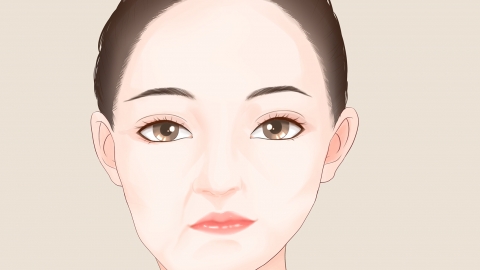Is Kabuki Syndrome Type 1 severe?
Generally, the severity of Kabuki syndrome type 1 needs to be determined based on specific individual circumstances. If the condition only presents delays in physical development and does not affect daily life, it usually is not considered particularly severe. However, if it has severely affected organs and the nervous system, thereby impacting daily living, it is typically considered quite serious. Detailed analysis is as follows:

Kabuki syndrome is a congenital disorder affecting multiple systems, and type 1 is classified based on causative genes and other factors. If developmental delays are limited to physical aspects, such as slower height and weight gain compared to peers or abnormal skeletal development, and if distinct and noticeable facial features are absent and daily life remains unaffected, the condition typically is not considered particularly severe.
However, if vital organs and the nervous system are significantly affected—for example, if congenital heart disease is present—structural abnormalities in the heart can alter hemodynamics, impairing the heart's normal pumping function. In severe cases, this may lead to life-threatening conditions such as heart failure. Additionally, intellectual impairments caused by nervous system involvement may affect learning ability, cognitive comprehension, and self-care capabilities, which is typically considered more severe.
In daily life, it is recommended that patients with Kabuki syndrome type 1 receive treatment according to medical guidelines and undergo regular monitoring, which can help improve their quality of life.




